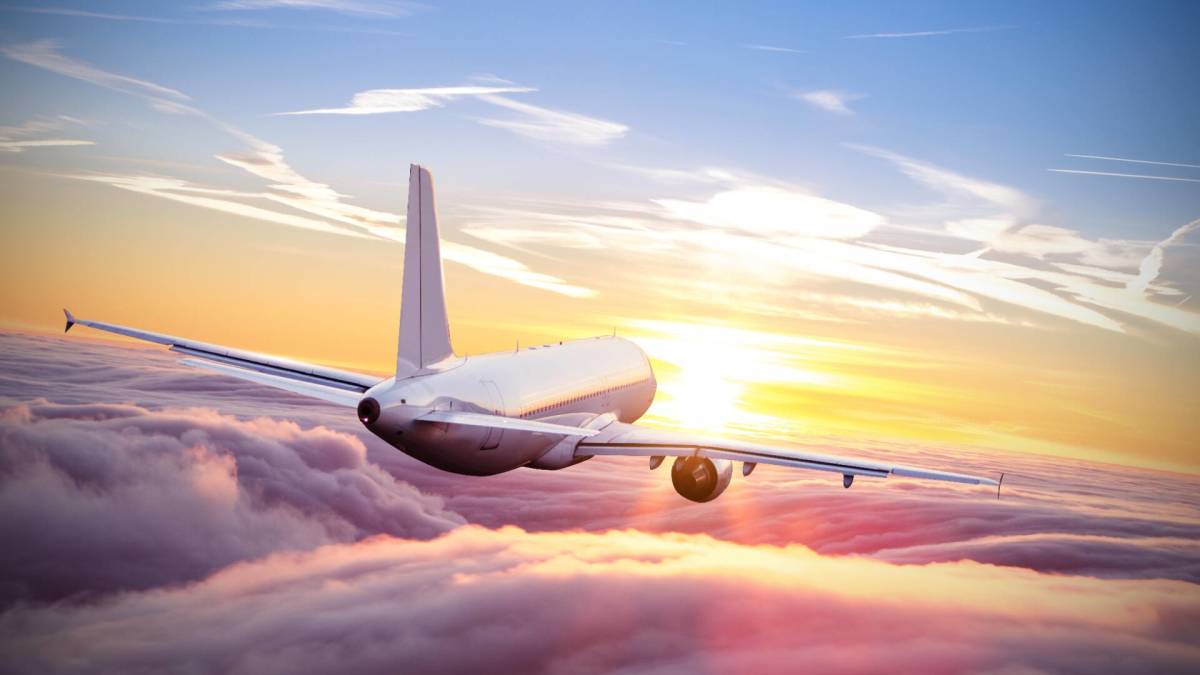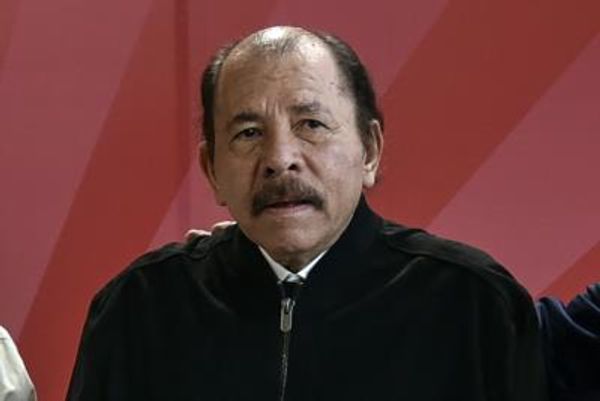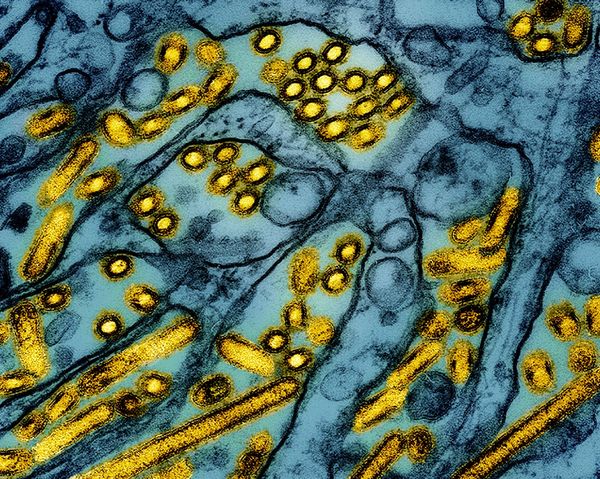
While the rise of commercial aviation over the last century has opened up once-unthinkable possibilities of seeing the world and connecting places thousands of miles away, the biggest concern over rising flyer numbers comes down to sustainability.
One estimate found that the typical Boeing 737 and 747 (BA) planes used by many airlines for short-haul domestic flights burn an average of four liters of fuel for every second they spend in the air, while commercial aviation globally puts out more than 900 million metric tons of CO2 per year into the atmosphere and accounts for approximately 2% of total emissions.
Related: 'No more flying for you': Travel agency sounds alarm over risk of 'carbon passports'
Over the last decade, there has been a growing number of conversations around how to make aviation more sustainable. One possibility that many in the industry are putting their faith into are Sustainable Aviation Fuels — fuel that is made from biological products and reused waste material, but still has the ability to power a plane in the same way as traditional petroleum-based fuel.
Breeze CEO on sustainable fuel: 'A very inefficient way to deal with the problem'
David Neeleman, who was behind the establishment of low-cost carriers such as JetBlue (JBLU) and WestJet in Canada and now serves as CEO of Utah-based Breeze Airways (BREZ) , has been an outspoken critic of SAFs. At the start of the World Aviation Festival in Amsterdam on Oct. 9, Neeleman held a keynote presentation in which he called it a "very inefficient way to deal with the problem."
More Travel:
- A new travel term is taking over the internet (and reaching airlines and hotels)
- The 10 best airline stocks to buy now
- Airlines see a new kind of traveler at the front of the plane
"SAF interrupts with the food supply; it does all sorts of stuff and doesn't really solve the problem," Neeleman told the conference attendants. "I just think it's a complete waste of money. And I think there are ways to handle climate change, to help, that actually make economic sense whereas in an airplane SAF makes no economic sense whatsoever."
Neeleman's concerns come down to the industry's current almost exclusive reliance on diesel fuels and the jobs that will be lost if such a drastic change will be made in the short term. His suggestion was to focus on cars and other methods of ground transportation that are already increasingly going electric instead of aviation, which due to the longer distances and high amounts of fuel needed, would be much more challenging and expensive to shift.
Related: Get the best cruise tips, deals, and news on the ships from our expert cruiser
'Not affect the price of a ticket and lay off hundreds of thousands'
"My plan would be to look at all those industries that are actually using distillate and diesel fuel," Neeleman said further. "They are much more efficient things that are rolling down a road, as opposed to flying in the air, and help cross subsidize those things so that we can, we can not affect the price of a ticket and lay off hundreds of thousands of people in our industry, because airline tickets become too expensive."
Neeleman's solutions received criticism from International Air Transportation Association CEO Willie Walsh who used the question period to say that "focus on something else" is not an efficient way to address climate change.
"It's two-and-a-half percent today," Walsh said in reference to CO2 emissions. "The question is, what will it be in 2050? It won't be two-and-a-half."
Related: Veteran fund manager sees world of pain coming for stocks







